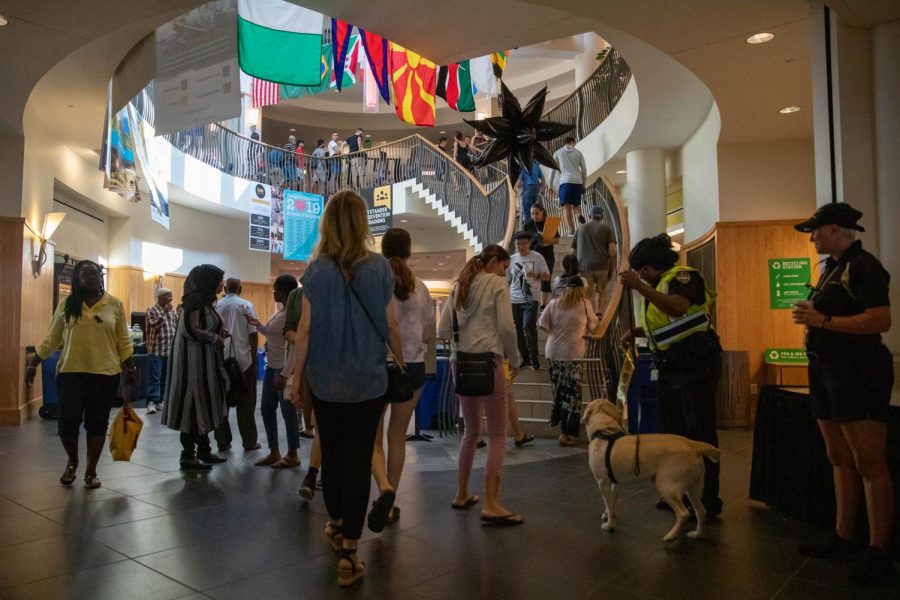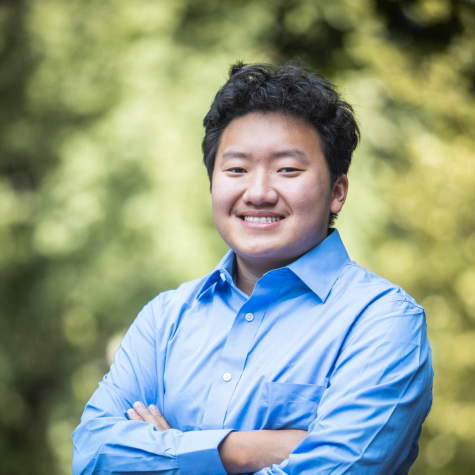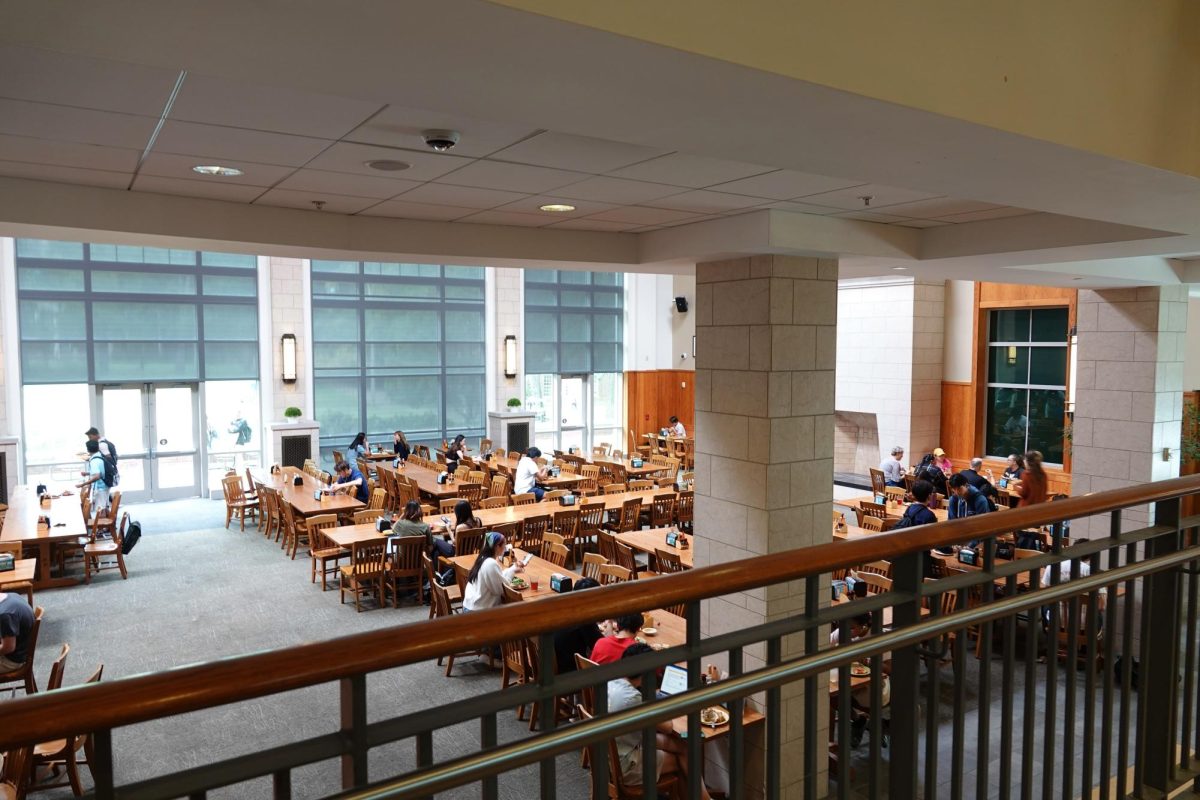UPDATE: This article has been updated to reflect first-year Kitty Zhou’s status as an international student.
When the Vanderbilt administration publicized its Return to Campus plan on June 16, it highlighted many changes the community would face upon return. However, the plan placed additional restrictions exclusively affecting first-years. The Hustler interviewed seven incoming students to gauge their reactions towards the newly-placed restrictions for the upcoming semester.
Return to Campus plan
Vanderbilt announced that classes would begin Aug. 24 and in-person instruction would end Nov. 20.
All seven students expressed their relief over Vanderbilt announcing plans to open campus this August but also held reservations.
“I am more than excited that Vanderbilt is opening this fall,” incoming first-year Bemnet Argaw said in a text to the Hustler. “However, the restrictions that come with reopening made me a little bit uneasy.”
Some students expressed the need for more information from the administration on various changes happening to the semester.
“There are some places where Vanderbilt could have been more clear about these plans — specifically, with changing schedules, housing, and how hybrid classes would work,” said incoming first-year Ali Hussain.
One semester on Commons
Vanderbilt announced that the Class of 2024 will be split between residence halls on Commons and Branscomb Quadrangle/Carmichael Towers East. The two sides on Commons and Main campus will switch after the fall semester so that every student will still have the experience of living on Commons.
Students were appreciative that every student would receive the Commons experience at one point or another, but still held doubts.
“I think it’s good that Vanderbilt is still giving ‘the Commons experience’ to all freshmen,” said incoming first-year Sarah Schwartz. “But I think it will be a bit divisive for the class if we’re split between Commons and upperclassmen buildings.”
Rising first-year Josh Rehders had similar reservations. Stating that the Class of 2024 statistically has the lowest retention rates in any school, he said that it made no sense for Vanderbilt to place first-years into some of the lowest-quality dorms on campus. Rehders also believes that splitting the class into two goes against everything Vanderbilt says about its community.
First-year Housing and ‘Virtual roommates’
In addition to being split between the two campuses, all incoming first-years will live in singles only and will be assigned a “virtual roommate” in lieu of a traditional double. This policy only applies to students within the Class of 2024, as upper-division students are allowed to have roommates. There was more overall division on the single-room issue than the campus split, with some not minding having their own space while some wanted the experience.
“This [policy] begs the question as to why freshmen are being targeted,” said Hussain. “And that’s what it is, freshmen being denied an experience that both our predecessors and successors experience—in the name of safety, which is thrown out for the larger population on campus.”
Rehders expressed similar concerns.
“[I] … am questioning the reasoning behind the decision to force freshmen, the students who are most likely to become homesick/lonely, to live in singles, but to let all other members of the student population live with others,” Rehders said.
Some actually preferred this new policy, like incoming student Kaicie Kidd. She enjoys the idea of less crowded bathrooms and having her own space.
However, the “virtual roommate” policy was universally criticized by all interviewed first-years.
“I don’t really see the point, and it feels like they’re just assigning us a friend,” Schwartz said.
Similarly, Hussain was not in favor of the idea, saying that it was the administration’s failed attempt to save a situation they created.
Virtual orientation
Vanderbilt announced that orientation for first-years and transfer students would not take place on campus like normal and would instead be fully virtual and online before the start of the semester. Students across the board disagreed with this policy as well.
“Those few days on campus before classes start are essential to acclimating yourself to the environment and making new friends without the stress of coursework,” Kidd said.
Schwartz added to this, saying that she expects the virtual orientation to be irrelevant to her campus experience and that it will be a waste of time.
Gap years
The deadline to submit a request for a gap year was June 15, however, Vanderbilt announced plans for the fall semester on June 16. The interviewed students had no comment on this matter as none of them were planning to defer enrollment depending on Vanderbilt’s plans for the fall semester.
International students
Students must submit an application by June 26 if they wish to learn remotely for the upcoming semester. Students expressed concerns that a timeframe of ten days may not be enough for some international students to decide whether they could come back to the United States to learn on-campus or not.
“They could’ve provided more information for international students,” Kidd said. “With U.S. embassies being closed, it’s unreasonable to ask students who may or may not know enough about the U.S. systems to make a decision on their future within the next ten days without … guidance.”
Kitty Zhou, an incoming first-year international student, is currently in China to visit family. She expressed concerns about returning to the United States to study in-person this fall.
“The nationwide travel ban [in China] has definitely put pressure on me in terms of how complicated it would be to return to the States in August,” Zhou said.
Additional questions for Administration
The Class of 2024 collaborated on making a compiled list of questions for the administration on the reopening plan.













